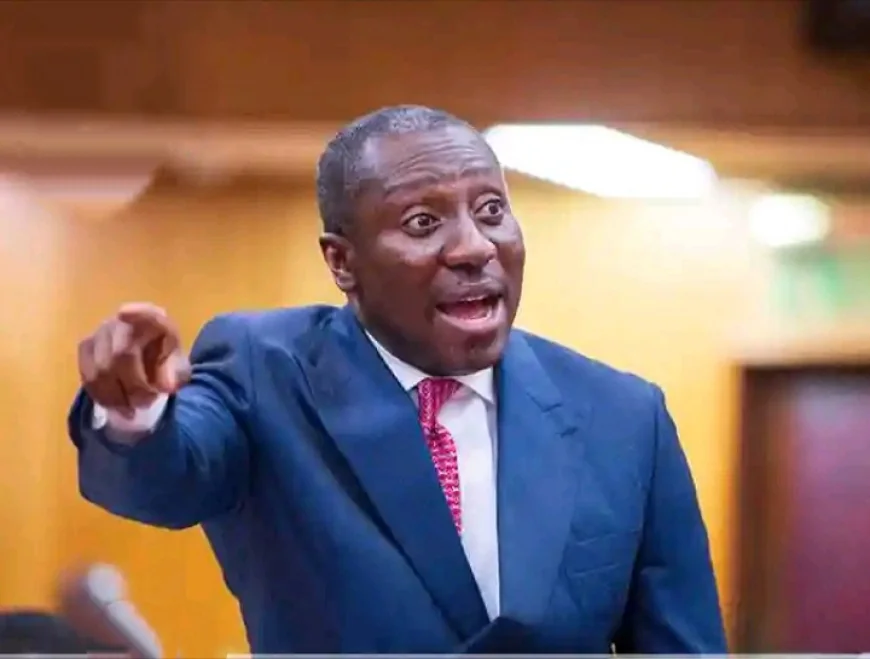Afenyo-Markin Dismisses 24-Hour Economy as “PR Gimmick” Amid Economic Hardship
Minority Leader Slams Mahama Administration for Bypassing Parliament in Launch of Flagship Policy

Minority Leader in Parliament and Member of Parliament for Effutu, Alexander Afenyo-Markin, has harshly criticised the newly launched 24-Hour Economy initiative by the Mahama-led government, describing it as a “propaganda tool” lacking parliamentary oversight and genuine economic merit.
Speaking during parliamentary proceedings on Thursday, July 4, Afenyo-Markin expressed strong disapproval over what he called the government’s unilateral approach to launching a policy of such national scope without first subjecting it to legislative scrutiny.
“Their so-called 24-hour economy — on Wednesday, July 2, they launched it without due regard to Parliament,” he stated.
■ “PR Over Policy”
The Effutu MP argued that while the policy has been marketed as a solution to youth unemployment and underutilised national productivity, it is in fact a “public relations distraction” designed to shift focus from the country’s worsening economic realities.
“We in the Minority see this as a mere public relations tool to distract from real-time economic hardships and win public goodwill,” he declared. “Because you just increased tariffs, and you have introduced a levy which the people are calling the ‘Dumsor Levy’.”
His comments come just days after President John Dramani Mahama officially launched the 24-Hour Economy in Accra, positioning it as a cornerstone strategy to stimulate round-the-clock activity in sectors such as healthcare, manufacturing, transportation, agribusiness, and retail.
■ Mahama’s Vision vs. Opposition’s Critique
During the launch, President Mahama described the 24-Hour Economy as a “bold, inclusive, and transformative policy” aimed at expanding job creation, driving industrial growth, and enhancing Ghana’s global competitiveness. He noted that the initiative was not merely about longer working hours but about “unlocking productivity” through shift-based systems and modernised infrastructure.
But Afenyo-Markin insists the government is simply using the policy to mask deeper problems, including debt servicing pressures, utility price hikes, and underperformance across key economic indicators.
■ The Political Divide Deepens
The exchange underscores the growing divide between the ruling National Democratic Congress (NDC) and the New Patriotic Party (NPP) opposition over the government’s post-pandemic recovery strategy.
While government officials hail the 24-Hour Economy as a game-changer that will usher in an era of “shared prosperity”, the Minority says the administration is “selling illusions” to a population still burdened by high living costs and energy instability.
The NDC has yet to respond directly to the criticisms. Still, supporters argue that the policy is long overdue and represents a structural shift in how Ghana utilises its productive potential, especially among the youth.


